In February La Casa turns up the volume on our conversations about teen dating violence and what we can all do to help teens and families break the cycle of violence.
“February is Teen Dating Violence Awareness Month! Does someone you’re dating control or threaten you? Do they text you obsessively, or keep you from your friends? Abuse isn’t just physical. Call La Casa de las Madres’ Teen Line, 1-877-923-0700 or text 1-415-200-3575. Free, confidential, someone who will listen. 1-877-923-0700.”
The need is great: about one in three American youth between the ages of 14 and 20 say they have been a victim of physical, sexual, or emotional/psychological violence within a dating relationship. 1 in 10 high school students report being purposefully physically harmed by a dating partner, and nearly one in three teens acknowledge that they have committed violence toward a dating partner.
In the United States somewhere between three to 10 million children and teens witness domestic violence against a caregiver each year. For teens who witness violence in their homes or face dating violence in their early relationships, these experiences are often interconnected with other risks and realities – like homelessness, or running away from home to flee violence. Young people and teens who report having experienced dating violence are more likely to report poor mental health and higher rates of STIs, earn lower grades, and contemplate suicide at higher rates than their peers.
So what can I do?
Acknowledge teen dating violence is a real problem.
La Casa believes in a world where no teen should experience an unsafe or unhealthy relationship. It can be frightening or difficult to imagine why someone might stay in a relationship that appears to be abusive, but there are many reasons why an individual might stay.
Ultimately, it is up to the person experiencing abuse to determine if they want to leave the relationship, but there are many things you can do to help them stay safe. If you think a friend or child may be experiencing abuse, let them know you’re concerned for their safety, and be ready to listen patiently and acknowledge their feelings. Center them - not their abusive partner - in your conversations, and be respectful of the decisions they make. If they are open to it, you can help them develop a safety plan, or a personalized plan that might help someone who is experiencing abuse avoid or best react in a dangerous situation. It can be scary to see someone you love in an abusive relationship, but understanding the signs of dating abuse and providing unconditional support to your loved one is a crucial way to support them.
If you or a teen you know may be experiencing dating abuse, call La Casa’s toll-free and confidential Teen Crisis Line at 1-877-923-0700 for support.
You can also help us raise awareness by speaking up, following our social media channels, and sharing information about the difference between love and abuse. Download a virtual background to get the conversation started.
Know the signs
While young people may experience the same types of abuse and violence as adults, their age and status in our community can be a significant factor in how they may experience violence and seek support. Some warning signs of teen dating abuse include:
Checking cell phones or social media without a partner’s permission.
Possessiveness and forced PDA.
Pressuring to send explicit pictures or revenge porn, or using explicit photos as blackmail or sharing them without the owner’s consent.
Surveillance via social media.
Forcing use of drugs or alcohol in social situations.
Extreme jealousy or insecurity.
Coercion and pressure to have sex or behave a certain way.
Isolation from friends and family.
Threatening to “out” them for their gender identity or sexual orientation.
Physically inflicting pain, threatening to inflict harm, or acting violently.
Some of these signs may be difficult to spot, and experiencing even a few of them can be a red flag that a relationship may be abusive. All of these signs should be taken seriously, and it’s important to remember that no one deserves to experience abuse of any kind.
Resources: You are not alone
Free, confidential, and multilingual support for teens and the people who care about them is available 24 hours a day at 1-877-923-0700. Or text for support: 1-415-200-3575. La Casa also partners with organizations across San Francisco to help teens access the specialized support they need. Reach out today.


